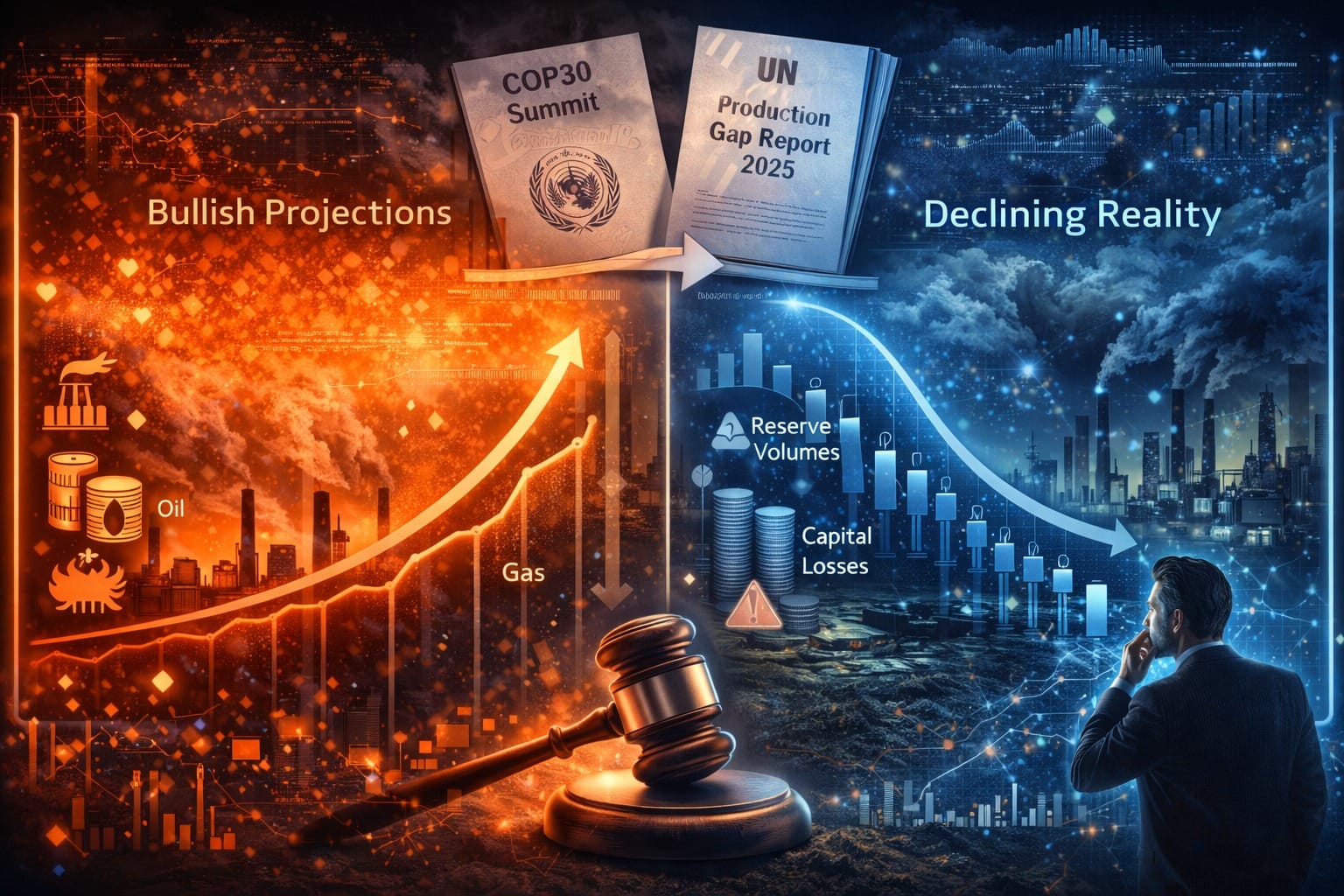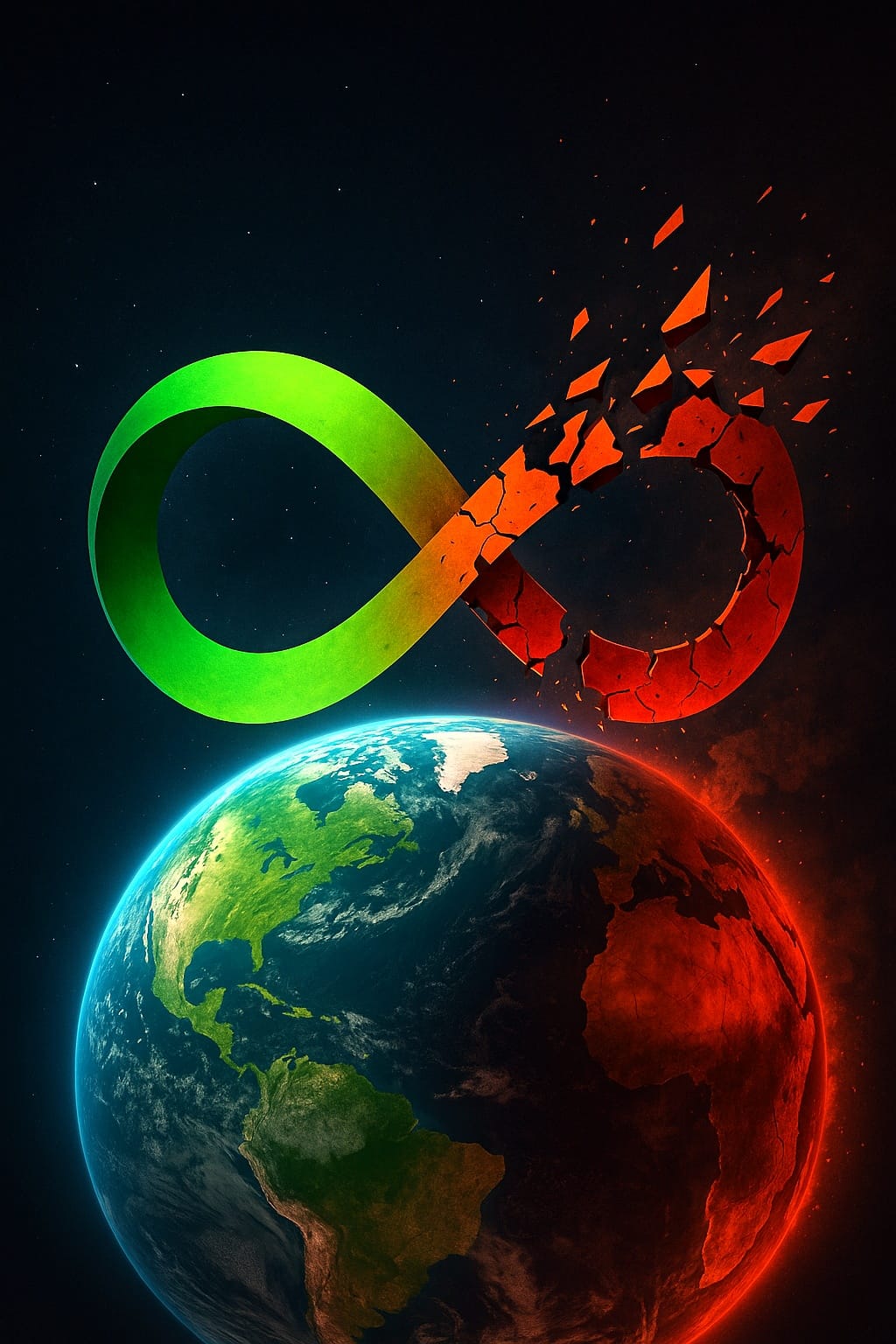The heads of the CIA and FBI have both come on the record to say that America’s traditional enemy, Russia, covertly interfered in the elections by hacking the Democrat Party.
Whether you believe this story or not is irrelevant to a far more important point: that the American establishment is now at war with itself. By leaking information on what it says is evidence of a Russian information influence operation, the US intelligence community is conducting its own influence operation against an incoming president.
Trump is preparing his team to take over the White House in January 2017. Yet make no mistake: Trump is the establishment. His proposed appointees are hardly unfamiliar with the corridors of power in the US, many of them having held long careers in US military and intelligence agencies, or in the House and Senate, or as billionaire entrepreneurs.
And yet, he finds himself at logger heads with the incumbent establishment. So the establishment is fracturing, as a powerful fringe comes to fore.
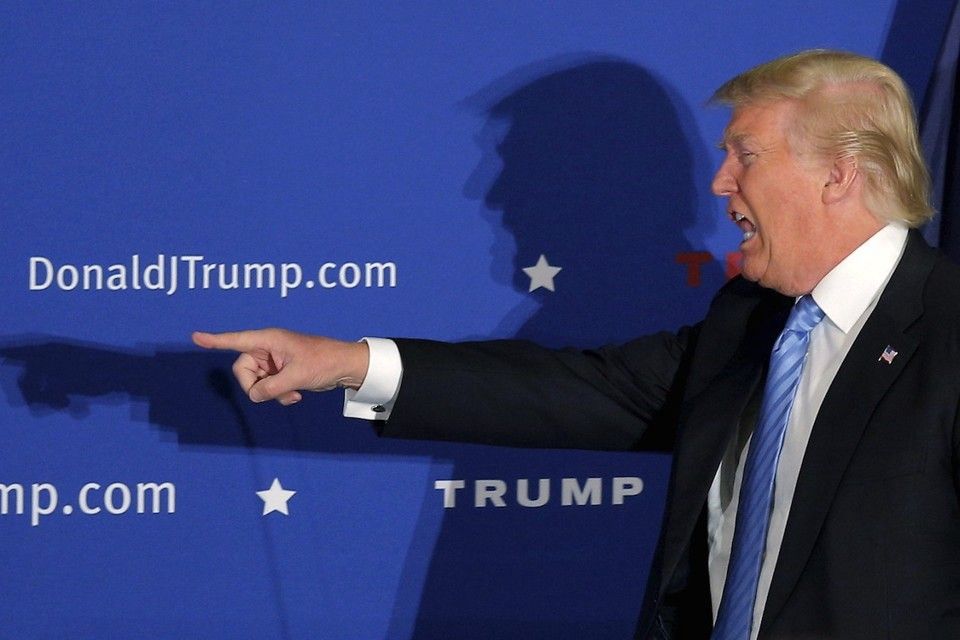
The age of confusion
This is not a Republican-Democrat dispute. Two senior Republicans, Senate Majority Leader Mitch McConnell and Senate Armed Services Committee Chairman John McCain, who have seen the alleged evidence of Russia’s hacking operation, believe it to be unimpeachable.
Perhaps they are wrong, but that’s beside the point: There’s something far more significant taking place than a mere intra-party squabble. What we are seeing is the beginning of a protracted conflict within the American establishment itself, a conflict being driven by an increasingly polarised American society.
The establishment is going to war with itself in the context of an election which saw an unprecedented resurgence of far right, white supremacist sympathy among a sizeable quantity of the American electorate.
As confidence in the Democrat candidate, Hillary Clinton — widely perceived as a pro-Wall Street warmonger — plummeted even among previous Democrat voters, this created a space for the mainstreaming of the Trump political campaign, which rose to power on a platform of militant xenophobia.
Yet now it’s not just minorities — Muslims, refugees, Mexicans or Black people — who are Otherized. For the first time in American history, mainstream establishment figures and movements are brutally Otherizing each other.
We’ve never had a more divided society. If you support Trump, you’re evil. If you support Clinton, you’re evil.
Democrats and Republicans are counter-posed as if they are mortal enemies. Worse, average Americans are seeing each other as ‘the enemy’ along mainstream political lines. Either you’re with us, or against us.
In this new age of the Trumpification of politics, such divisions and suspicions have been deepened, widened and become more irreconcilable.
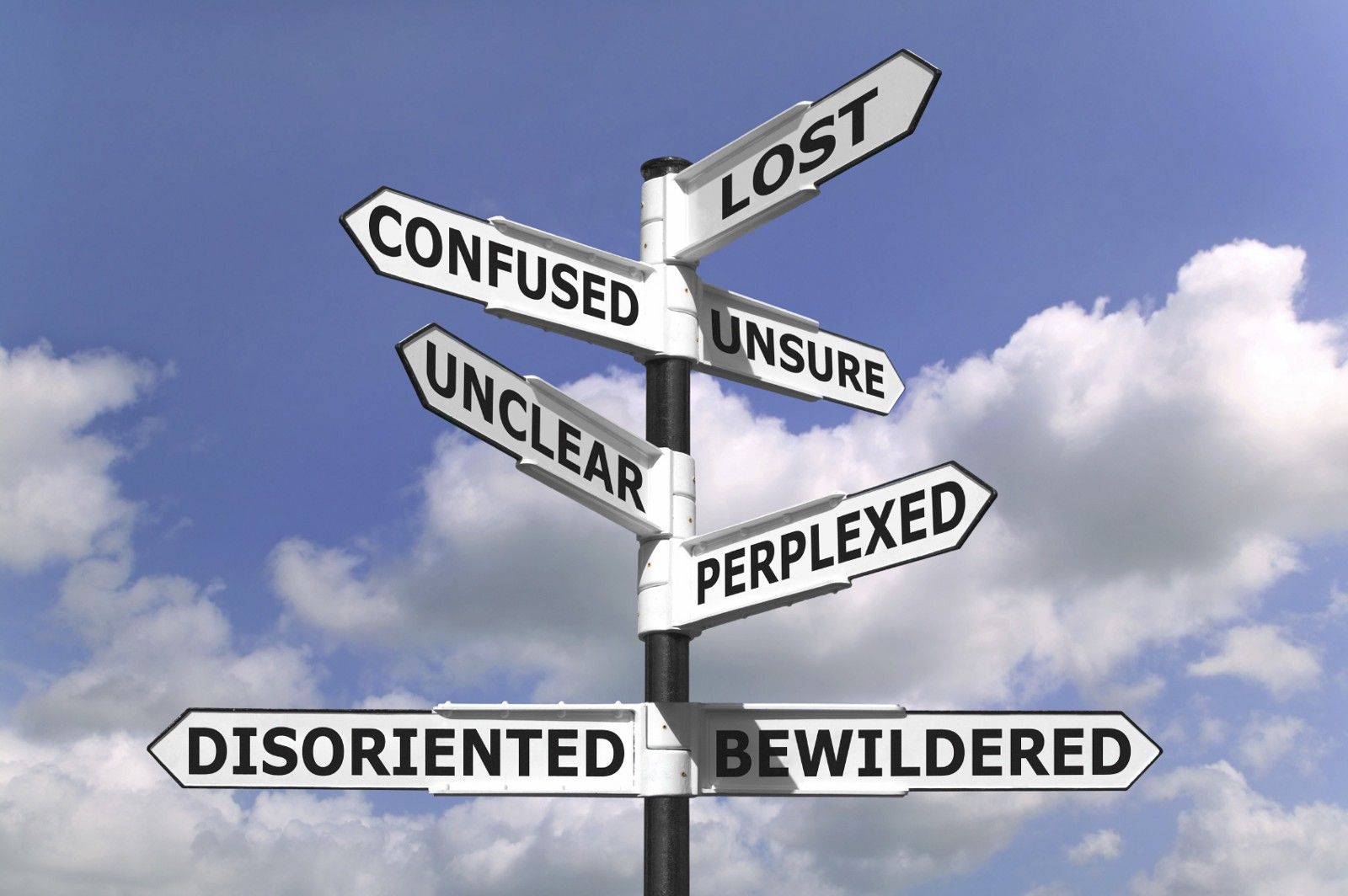
Post truth
It is no coincidence that this process of social and political polarisation is accelerating in what has suddenly been recognized as an era of ‘fake news’, or ‘post truth.’
We see this in the heated, irreconcilable politics of the Syria crisis, for instance.
Pundits, many of whom spend their entire careers engaged in banal state stenography disguised as journalism are bravely waking up to the ‘fake news’ disseminated by official enemies, like Vladimir Putin and Bashir al-Assad. In response, critics of Western policies who believe the West is incapable of ever doing right are pointing at pro-West propaganda put out by the Syrian rebels as evidence that the establishment routinely promotes ‘fake news.’
Both sides leer at each other and decry any possibility that they might themselves be complicit in news fakery of any kind. It’s always the other side who is wrong, faking, evil.
An alien anthropologist studying this strange predicament might find it difficult amidst this maelstrom of angry finger pointing to figure out what, in fact, is the truth. Hence, the idea of ‘post truth.’
But we are the aliens.
Alienated from ourselves, from each other, from Nature. We now all live in our self-anointed media echo chambers, and the ‘truth’ is what we share, or what’s shared with us — or what we allow to be shared with us.
We are witnessing, participating in, embodying the breakdown of the information age in the context of a wider Crisis of Civilization.
Information is in overproduction, and the more we are saturated with it, with social media and news reports and multimedia stories and soundbites and expert commentary, the less we collectively understand the world around us.
And as we descend into angry, polarised communities who increasingly cannot stand each other, our planet is burning.
Francis Fukuyama once thought the End of History would arrive in the form of the inevitable global victory of neoliberal capitalist democracy. All rival systems would fail. He now concedes that it is America’s own democratic institutions that have failed: failed to provide checks and balances that work; failed to prevent special interests from vetoing actions that endanger their privilege.
Thus, the End of History beckons, nonetheless — except it waves not the flag of democracy, but of populist nationalism.
So what went so badly wrong with the democratic experiment?

The DNA of civilizational decline
A systems approach tells us that the crisis of information overload, and the social and political fracturing we see accompanying it, are both symptomatic of system failure.
Human civilization is a complex adaptive system. A system exists whenever multiple things exist in some sort of relationship with the others.
A complex system exists when the relations between these things lead the system as a whole to display patterns of behaviour that can’t be reduced to the properties of its component parts.
A complex adaptive system exists when the system as a whole is able to re-structure, change — adapt — by changing the behaviour of its component parts, in order to survive.
A biological organism is a complex adaptive system, too. Thousands of years of evolution have taken place because complex living systems were able to adapt to their environment. One of the ways they did this is by processing information from their environment and translating it through genetic mutations. The organisms that did so successfully had the greatest chance of adapting to their environment and surviving.
The survival and evolution of the human species, of human civilization, is of course more than just a case of generating the right set of genetic mutations. That’s because we make choices about how we organize our societies.
When a complex adaptive system is particularly challenged by its environmental conditions, it enters a stage of crisis. The crisis challenges the existing structures, the existing relationships and patterns of behaviour in a system. If the crisis intensifies, it can reach a threshold that can undermine the integrity of the whole system. Eventually, either the system adapts by re-structuring, leading to a ‘phase shift’ to a new system, a new equilibrium — or it regresses.
In a civilizational context, the capacity to process information in such a way that it is distributed effectively across the system to contribute to resilient relationships is crucial to the system’s ability to survive, and adapt. The media institutions and processes that drive our behaviour are, in this sense, an interesting barometer of the health of the ‘DNA’ of our civilization.
The state of information overload and polarisation we are now experiencing therefore speaks to the fact that we are rapidly approaching a crisis threshold. The crisis has overwhelmed the existing structures of the global system. Our prevailing institutions and systems of power are in informational disarray as they struggle to make sense of what appears to be an overload of information signalling this systemic crisis.
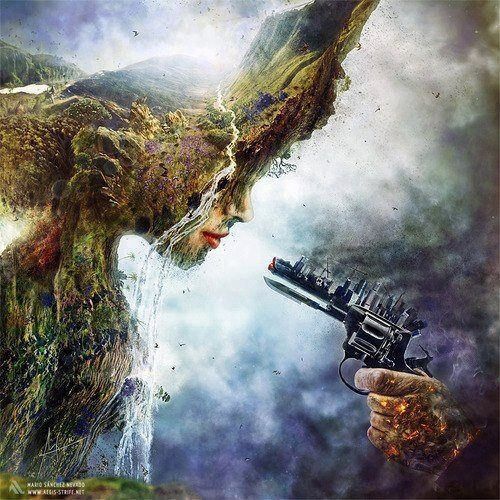
The crisis
And perhaps the biggest symptom of the dire state of this crisis is the inability to agree on what the crisis is, or whether it even exists.
Consider the fact that the President-elect of the United States plans to appoint Rex Tillerson, CEO of ExxonMobil, as his Secretary of State. ExxonMobil is the giant oil conglomerate which, despite its own scientific research confirming the reality of climate change in the 1970s, went on to fund climate denialism to the tune of tens of millions of dollars.
Trump wants to burn as much fossil fuels as he can to ‘make America great again.’
And this, at a time when scientists warn that even if the Paris Agreement is implemented in full, we may still be on track for a catastrophic rise of at least 4C by 2100, continually rising to 10C by 2300: an uninhabitable planet for hundreds of years.
This risk is well-known, but as might be expected in the Age of Confusion, its relationship to net energy decline — and how the latter will permanently transform the geopolitical order within our lifetimes — is not.
In my new scientific monograph, which will be out in the New Year — Failing States, Collapsing Systems: BioPhysical Triggers of Political Violence (SpringerBriefs in Energy, 2017) — I have laid out an integrated model of the global crisis and how it is creating failing states in every major region of the world.
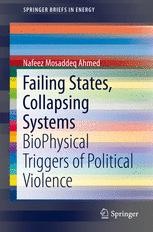
While fracking companies rejoice at the heyday of accelerating shale oil and gas production, they ignore the fact that these meteoric production levels have come at an increasing cost: the dirtier, polluting environmental impacts of unconventional fuels; the higher cost of the new technologies to extract and refine these fuels — costs which are permanently transforming the economics of energy.
Over the last few decades, the Energy Return on Investment — the amount of energy we can extract compared to the energy necessary to enable that extraction — has dramatically declined. In fact, between 1960 and 1980, while oil, gas and coal production was rising, the world average value EROI declined by more than half from 35 to 15.
It continues to decline. In the US, for instance, the EROI value of shale oil and gas is about 11.
In other words, the total value of energy we are able to produce from the global fossil fuel resource base is decreasing. The more we produce, the faster we produce, the more we accelerate the problem.
And the problem is feeding back into the wider system. Because the more we produce, in our insane intent on keeping the treadmill going, the more we’re pumping exponentially increasing quantities of greenhouse gases into the atmosphere.
Climate change has, in turn, ravaged our oceans and weather systems. It has triggered droughts, heatwaves and floods, inflaming local, national and regional food crises.
And as global net energy decline has intensified, driven by our addiction to growth, it has increasingly acted as a geophysical break on the very potential for global economic growth.
The financial system has reacted by propelling continued growth using debt to generate profits for an ever-tightening circle of powerful financiers, banks and corporations: that’s why, despite the 2008 financial collapse, debt levels are now even higher than pre-crash levels.
Meanwhile, the rate of global economic growth over the last decade has consistently slowed, year by year, as it approaches a plateau-of-no-return.
These discrete, seemingly separate crises — in the oil industry, in our economy, in our climate, in our food system — are clearly not as separate as we might first imagine. They are, rather, intimately interlinked. And together, they are creating a perfect storm that is cannibalizing our ill-equipped political systems.
The ill-conceived reaction in itself is instructive: a wave of populist nationalism, the xenophobic blaming of the ‘Other’, and the accelerating militarization of our societies, while business-as-usual, in turn, is accelerated: all in the name of ‘making America great again.’

Systemic psychosis
But this is to be expected when the system itself is blind to what it is, and what it has become; when the arteries of information are clogged with bullshit and distortion and propaganda of our own making, because we are more intent on ‘being right’ in the sheltered bubbles we’ve created, than in facing the stark, whole truth in all its horrifying glory.
We have done this to our ourselves. Trump, Clinton, Putin, Assad, the rebels — they are not the enemy ‘out there’. They are the Id, in here. We are at war with ourselves on Planet Earth.
There are no winners in such a war.
And the proliferation of losers is becoming increasingly apparent. Countries in every major region — Syria, Iraq, Yemen, Egypt, Nigeria and beyond have become failing states as climate, energy, economic and food crises driven, at root, by net energy decline, have unleashed hell on earth. As state structures have crumbled, the vacuum has been filled by extremists radicalized by the geopolitical games of outsides powers, emboldened by the changing landscape.
These processes can only be held at bay from the West for so long.
The strange conflict now breaking out between different parts of the American establishment, itself mirroring the deepening divisions in American and global society, is among the most unambiguous signs of the impact of global crisis convergence on the most powerful country in the world.
Seen holistically, the fragmentation of our global information highways, their subjugation to competing vested interests, their fetishization of narrow ‘truths’ and inability to engage in meaningful self-critique, can be understood in Jungian fashion more simply: as the fragmentation of our collective consciousness as it descends into a state of psychosis.
As alarming as this sounds, the surreal hyperreality that characterizes the Age of Confusion signals a system on the threshold of a fundamental phase-shift. The system in its current form cannot survive. It will either regress, or evolve.
We must either regress, or evolve.
What opens up before us, amidst the false choice of the Trumps and Clintons of this world, is the possibility, however slim, for something far more real, something really worth fighting for: the unprecedented opportunity to build new structures from the ashes of the old.
A system in harmony with its biophysical environment; that replaces the outmoded doctrine of endless growth on a finite planet with an economy based on self-maximization through giving and sharing; that believes in the evolutionary function of Love; a way of being that respects, accepts, the Other, as another facet of its own Self.
It sounds impossible, doesn’t it? Insane even.
Yes. That’s exactly what you’re expected to believe, unquestioningly so, in this Age of Confusion.
The question is, do you want to be ‘sane’ according to the dictates of an insane system, or do you want to embrace the ‘insanity’ of what comes after?







